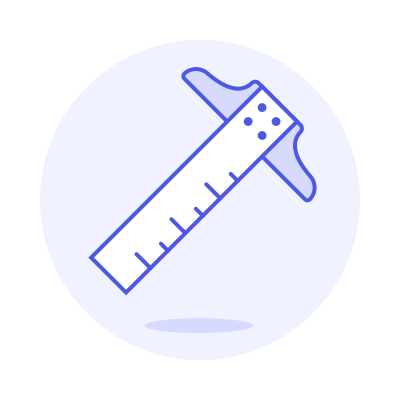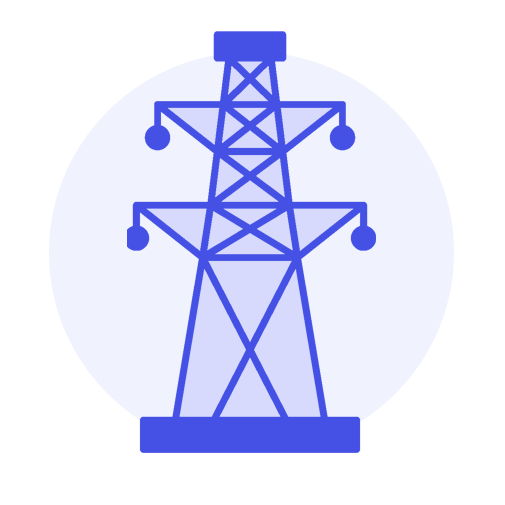Along with the calibration, repair, adjustment and replacement of components, instrumentation and control technicians inspect and test the operation of instruments and systems to diagnose faults and verify repairs.
Problem Solver.
Good Eyesight.
Follow Procedures/ Regulations.
Responsibilities
- Performs tests and maintenance on mechanical, electrical, and instrumentation equipment.
- Interprets readings and outputs of equipment; ensures proper functioning of equipment and related information systems.
- Logical approach for troubleshooting.
- Determine testing and maintenance procedures.
- Install new measuring instruments.
- Read and interpret blueprints.
Key Skills & Attributes
(technical training and on the job)
- Operating and repairing equipment, machinery and vehicles.
- Working with technological equipment and machinery.
- Excellent communication skills.
- Excellent analytical skills.
What You’ll Need
Entrance Requirements
High school or equivalent. Complete a three-to-four-year apprenticeship program. Once you successfully complete the required on-the-job training, technical training and exams, you are awarded a journeyperson certificate.
Apprenticeship Program: 3-4 years, includes technical training, on-the-job training and exam. Journeyperson certificate awarded after successful completion.
Start Building Your Skills!
Do you have the skills to succeed in the skilled trades? Sign up for FREE learning resources tutorials and more to get started in a career in construction.
Hourly Pay
Approx. $41-$42
(Based on journeyperson)
Projected Construction Worker Retirements
~ 8,100 by 2029**BuildForce Canada
Did You Know?
The word instrumentation may also mean the machines made to measure and control things.


